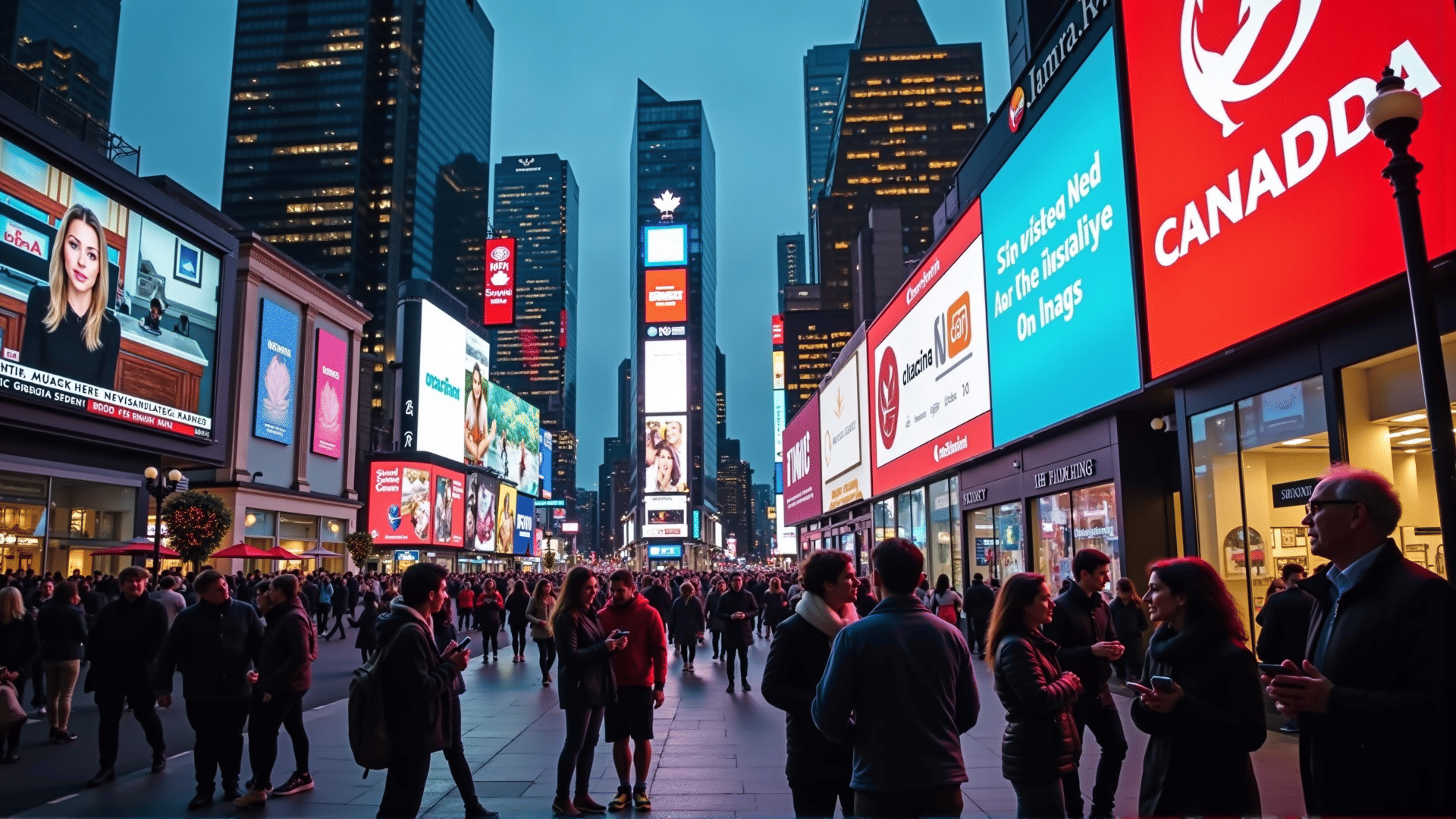In the contemporary world, media holds an immense power in shaping societal dynamics, influencing public perception, cultural norms, and even policy-making. Understanding these effects and developing analytical skills to critically evaluate them has become essential to navigate this landscape effectively.
Media's capacity to shape public opinion is undeniable. Through various platforms, narratives are constructed that can influence the attitudes and beliefs of the populace. The selective portrayal of events can elicit emotions ranging from empathy to outrage, significantly impacting public discourse. This power can be wielded to either unify or divide, highlight issues or ignore them entirely, thus shaping the priorities of a society. By critically analyzing media content, individuals can discern underlying biases and motivations, enabling them to form informed opinions.
Cultural influence is another significant impact of media. Trends in fashion, language, and behavior are often dictated by what is broadcast, published, or shared. Media introduces diverse lifestyles and ideologies, facilitating cultural exchange but also leading to cultural homogenization. By examining media portrayals and their reception, one can assess how culture both influences and is influenced by media. This awareness can foster a more inclusive and diverse cultural landscape.
Policy and decision-making are also significantly swayed by media. News coverage can put pressure on policymakers to address certain issues, while public opinion polls and debates can influence political agendas. Conversely, strategic dissemination of information by authorities can mold public perception, endorsing certain policies. Developing a critical eye towards media spin and rhetoric allows individuals to better understand the intricate relationship between media and governance.
To navigate the complex media environment, it is crucial to cultivate media literacy. This involves questioning the credibility of sources, recognizing tone and framing techniques, and understanding the distinction between fact and opinion. Additionally, engaging with diverse media outlets can offer a broader range of perspectives and help mitigate the effects of echo chambers.
In conclusion, the influence of media on society is profound and multifaceted. By developing the skills to critically analyze media content, individuals can become more informed citizens, capable of understanding and engaging with the world around them in a meaningful way.
